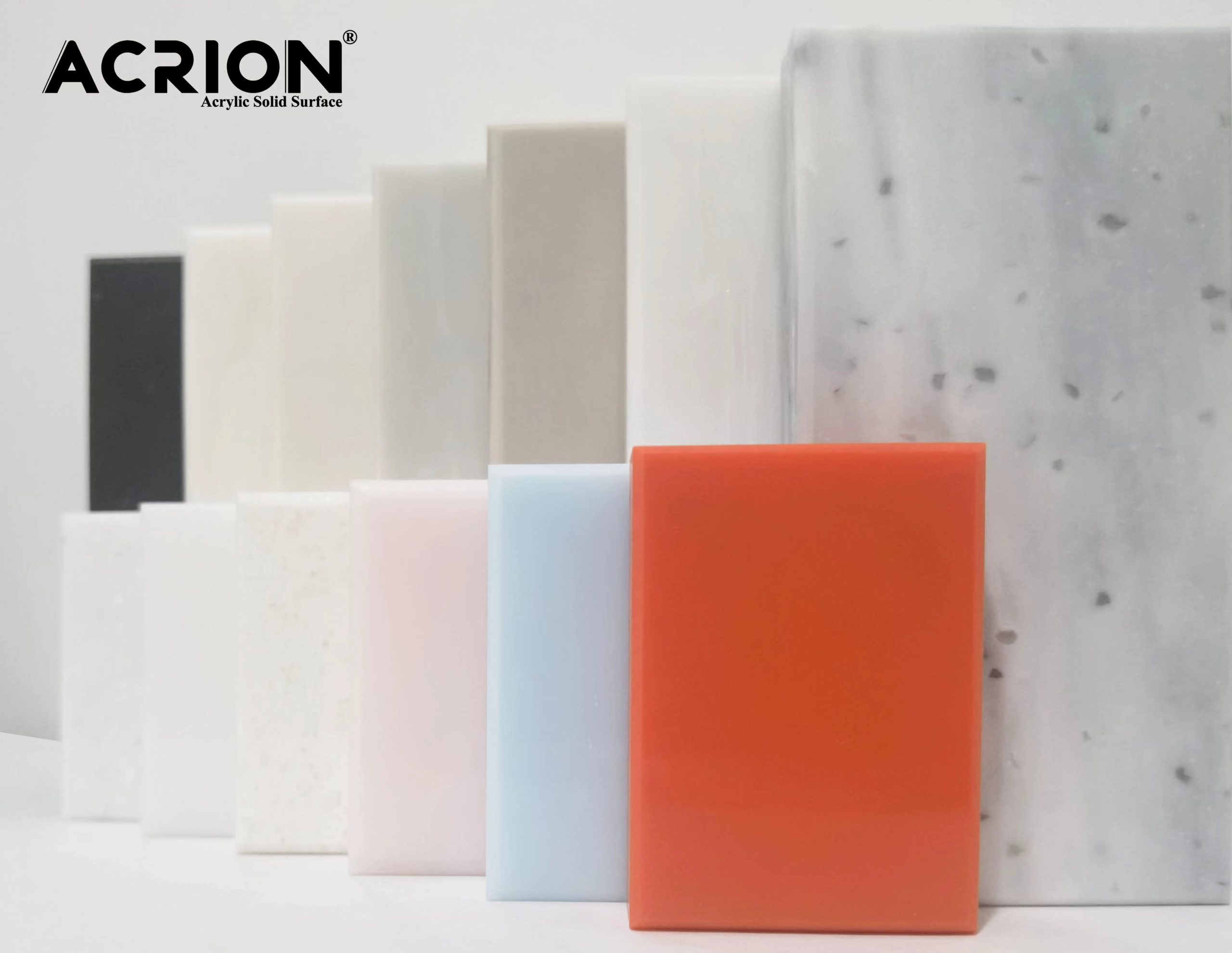Common Mistakes to Avoid in Corian Countertop Maintenance
Corian countertops are a popular choice for kitchens and bathrooms due to their durability, seamless appearance, and versatility. However, improper maintenance can lead to premature wear, discoloration, or even irreversible damage. Understanding the common pitfalls in Corian countertop care is essential to preserving their beauty and functionality for years to come.
Misunderstanding Heat Resistance
Direct Exposure to High Temperatures
One of the most prevalent misconceptions about Corian countertops is their ability to withstand extreme heat without protection. While Corian is heat-resistant to a certain extent, placing hot pots, pans, or appliances directly on the surface can cause thermal shock, leading to cracks, discoloration, or warping. This is especially true for sudden temperature changes, such as transferring a hot pan from the stove to a cold countertop.
Lack of Protective Measures
Many homeowners fail to use trivets, hot pads, or insulating mats under hot items, assuming the material can handle the heat. Over time, repeated exposure to high temperatures weakens the surface, making it more susceptible to damage. Even brief contact with very hot objects can leave permanent marks or alter the countertop’s appearance.
Ignoring Manufacturer Guidelines
Manufacturers often provide specific instructions regarding heat exposure limits for Corian countertops. Disregarding these recommendations, such as placing heated appliances like slow cookers or electric grills directly on the surface, can void warranties and accelerate deterioration. Always refer to the care manual or consult the installer for proper heat management practices.
Using Incorrect Cleaning Products and Methods
Harsh Chemical Cleaners
Corian countertops require gentle cleaning solutions to maintain their finish. Using abrasive or acidic cleaners, such as oven cleaners, bleach, or ammonia-based products, can etch the surface, strip away protective coatings, or cause fading. These chemicals may also react with the material, leading to discoloration or a dull, chalky appearance.
Abrasive Cleaning Tools
Scrubbing Corian with steel wool, abrasive pads, or harsh brushes can scratch the surface, creating tiny grooves where dirt and bacteria can accumulate. Over time, these scratches become more noticeable, diminishing the countertop’s aesthetic appeal. Even “non-scratch” sponges may contain abrasive particles that damage the material if used aggressively.
Improper Stain Removal Techniques
When dealing with stubborn stains like ink, dye, or rust, some homeowners resort to using solvents like paint thinners, acetone, or nail polish remover. These substances can dissolve or discolor the Corian surface, causing irreversible harm. Similarly, scraping off sticky residues with sharp tools like knives or razor blades can gouge the material, leaving permanent marks.
Neglecting Regular Maintenance and Protection
Failing to Address Spills Promptly
Corian is non-porous, but prolonged exposure to liquids like wine, coffee, or citrus juices can seep into microscopic imperfections, causing staining. Letting spills sit unattended allows the liquid to penetrate deeper, making removal more difficult and increasing the risk of permanent discoloration. This is particularly true for acidic substances that can chemically react with the material.
Overlooking the Need for Sealing or Polishing
Unlike natural stone, Corian does not require regular sealing, but its surface can lose its luster over time due to abrasion or chemical exposure. Some homeowners mistakenly believe that no maintenance is needed beyond basic cleaning, leading to a dull, worn-out appearance. Periodic polishing with a non-abrasive, Corian-safe product can restore shine and create a protective barrier against future damage.
Ignoring Environmental Factors
Direct sunlight exposure can fade or yellow Corian countertops over time, especially in areas near windows or under skylights. Failing to use window treatments or UV-protective films can accelerate this process, resulting in uneven coloring or a washed-out look. Additionally, placing heavy objects on the countertop without proper support can cause sagging or cracking, particularly in areas with inadequate cabinet reinforcement.
